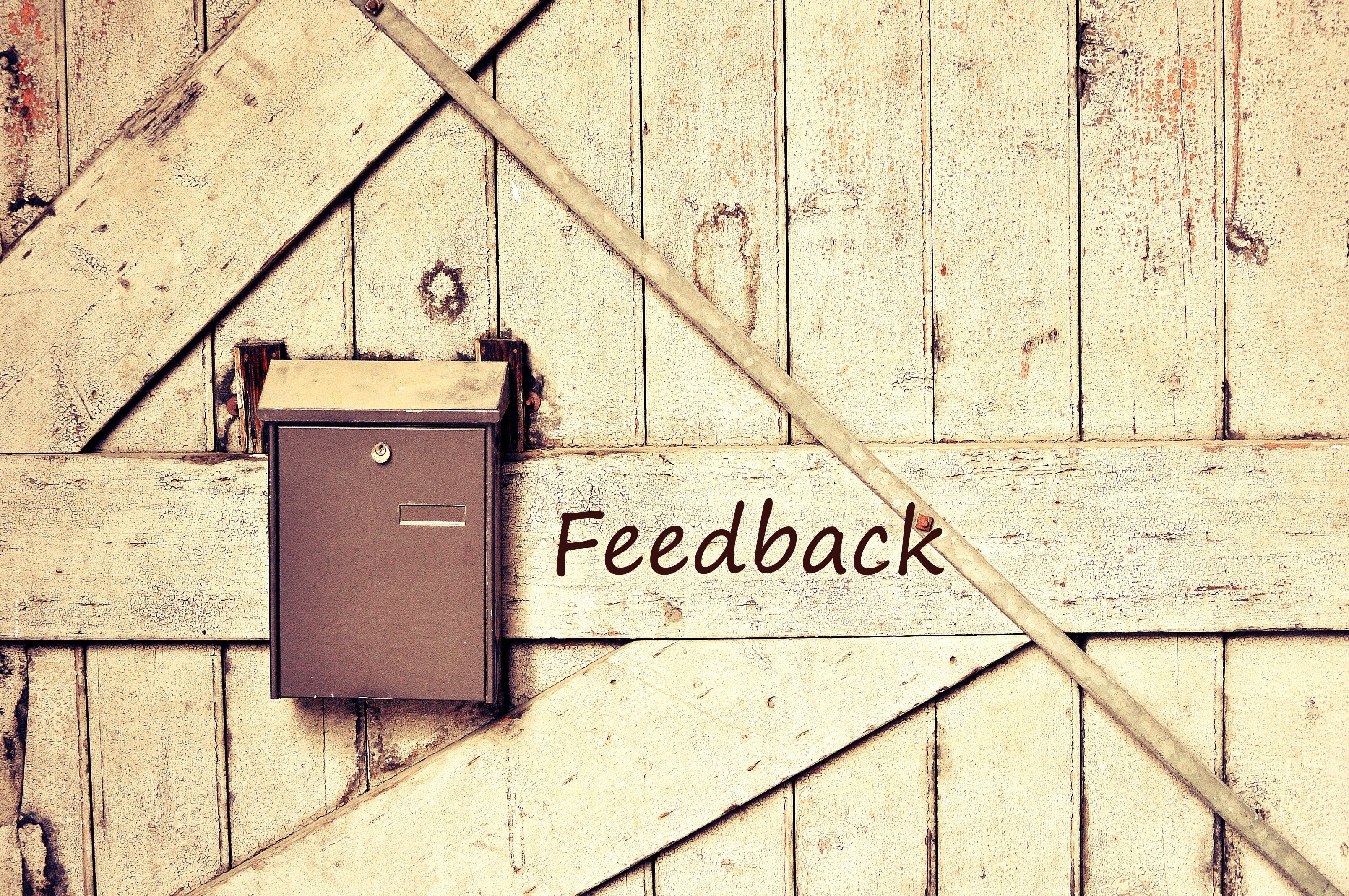I am planning my wedding. October 12th is the big day; as I write this I am 19 days away.
The to-do lists have reached a level that can only be described by imagining the credits at the end of a movie sped up 8x playing inside your eyelids set to the craziest part of any Dan Deacon song ever made. Dramatic, but… accurate.
I thrive on thinking ahead, I love anticipating the needs of my clients before they know they need something, but when the client is your entire family PLUS everyone you’ve ever known, it gets personal and overwhelming. Add in the unfamiliar territory of learning to be an event planner and a strict budget and you’ve got a recipe for a lot of questions.
My reaction to any unknown, any question at all, big or small, is to go straight to the internet.
Is the new cheap Thai restaurant any good? Yelp. What is the best immersion blender for less than $100? Wirecutter. What kind of shoes should I wear to my wedding? Reddit. How much does a photobooth cost in Western North Carolina? Wedding Wire. UGC (user generated content) in the form of topical groups on Reddit or Facebook, UGC as customer reviews, and formal consumer research are my first and primary sources for every decision I make. Every, single, decision. Even after I think I’ve found what I’m looking for, depending on what it is, I’ll use geolocation tags or other hashtags on Instagram just to make sure it’s what I want!
I know some of this is personality driven; my mom is a librarian so having as much information available was always king (queen? ?) at our house. The bigger the price tag related to the item or event in question, the more reviews and research and time I spend on it. I’m your car salesman’s worst nightmare.
It’s not news that millennials (and most anyone with access) use online reviews and groups to make decisions.
Wedding Wire’s 2019 Newlywed Report is full of data that backs me up; 80% of couples plan their wedding online and aside from price when considering a vendor, couples look for reviews next followed by photos. Reviews matter. Something else I’ve learned while planning my wedding is that a good review online is worth as much as a monetary tip to a vendor – I know tipping culture is unique in the US, but to spell it out for anyone who isn’t getting married in the USA in 19 days, in many instances that could be running $100+ per vendor.
What seems to be evolving are the arenas where people are asking for opinions and answers. In addition to sites that are dedicated to consumer reviews, internet forums as we knew them in the 1990s and early 2000s have had a resurgence in the form of Facebook Groups. Subreddits are still active community centers for subcultures and all sorts of self help topics, so when you have a question you really can’t find the answer to, you can ask a community of other folks who will know. The quality and responsiveness of these groups varies, but especially with all things wedding related, there are a lot of people out there who are interested and willing to share their own experiences or ideas.
Building a brand as a reaction to a community is probably my favorite take of all, especially in wedding world.
Wedding marketing and societal expectations (also a direct result of marketing) paint very specific swim lanes for what it takes to have a successful wedding with no consideration to what a couple may actually find meaningful to them. A lot of the pressure in current wedding marketing comes directly from social media itself (including Pinterest! Very much including Pinterest).
Bridechilla is a reactionary community that flies in the face of “tradition” and empowers the couple to create a wedding with meaning on their terms– no more “Bridezilla.” (Just because you are a woman demanding that goods and services are exactly what you want while you spend an average of $38,000 on your wedding while also more often than not working a full time job does not make you a literal monster.) People in the community are referred to as “Bridechillas” or just “chillas”. It started out as a podcast and is now it’s own online community via Facebook Groups with a few books to read as well. Chillas can listen to podcasts like “The F**k It Bucket” and “Stop Saying Yes to S**t you Hate” or ask for recommendations in the Facebook group and people give their honest opinions based on their experiences. Chillas even ask how to deal with family issues – the support of the community goes beyond the surface planning work.
All this to say, online reviews and online communities around your brand or industry matter and they are going to keep mattering a lot.
When you are investing in your audience research, these areas should be your first port of call – it’s worth considering how you as a brand could participate in a non-disruptive and supportive way, even in a reactionary way. It’s not just about weddings, this is true for everything. The New York Times bought The Wirecutter in 2016 for $30 million dollars for a reason- an investment. Community springs out of common interest, and if that interest is your brand then you need to be in it.






Leave a Reply